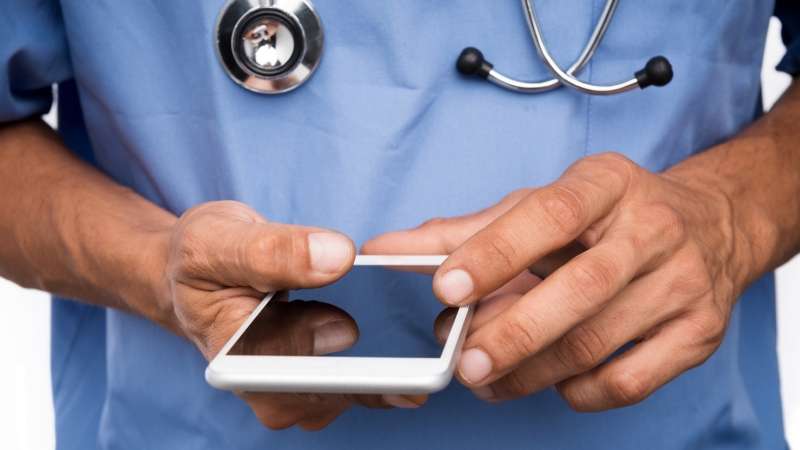How technology is changing the way your GP treats you

Doctors were armed with a stethoscope and thermometer 50 years ago, but new technology means GPs now have a bag full of gadgets to find out what is wrong with patients.
There are around 20 different tools that GPs use to diagnose a range of conditions, including ear and eye infections, asthma, diabetes, high blood pressure and cancer.
Dr Hamed Khan, of St George's, University of London, who has practised as a GP for five years, said the equipment used by doctors has become more sophisticated.
"The new gadgets save more lives as they have helped improve the quality of care, diagnosis and treatment," he said.
"It has also improved safety as equipment has been upgraded by eradicating the use of dangerous metals such as mercury, which used to be in devices like thermometers."
Some of the equipment found in GPs' bags include a doppler ultrasound that is used to check a baby's heartbeat, as well as an otoscope that allows doctors to look inside ears for eardrum ruptures and infections, as well as locate foreign bodies.
Then there is a device called an opthalmoscope, which looks into the backs of people's eyes and can help diagnose issues like eye problems, as well as more serious conditions like diabetes complications and even brain tumours.
There is also a peak flow meter which patients blow into to assess the severity of asthma, and a urine dipstick, which can help detect anything from urinary tract infections, diabetes and high blood pressure to bladder cancer and kidney problems.
Mobile phones have also become a vital diagnostic tool for GPs. Dr Khan said he uses various apps, including the British National Formulary, which is a database of all the medications that a doctor can prescribe in Britain, together with key details like doses and when a drug can and cannot be used.
He also uses the Consult app by Univadis, which he advised on during its development.
"This app has various functions, including a medical textbook, a database of laboratory tests with reference ranges and advice on how to interpret the results, a drugs formulary and other tools such as being able to check if multiple medications interact badly with each other" he said.
Some of the equipment from 50 years ago is still being used today, such as stethoscopes, measuring tapes, torches and tuning forks. But even gadgets such as blood pressure machines have become smaller, making them easier to store and carry around, Dr Khan said.




















